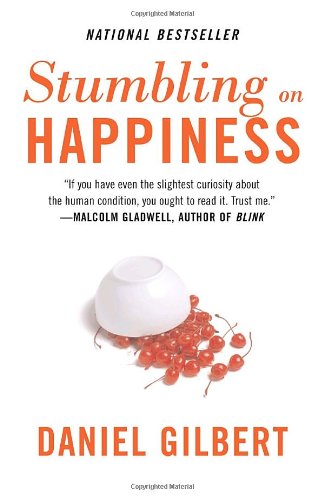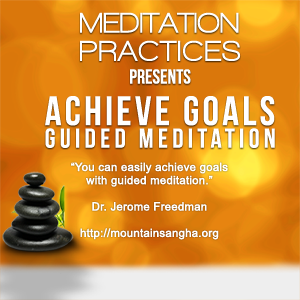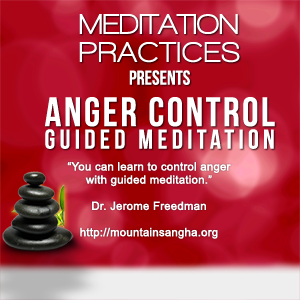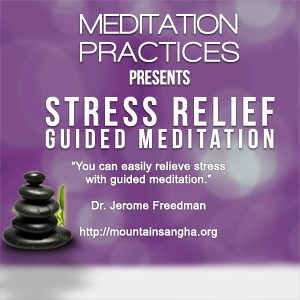Dan Gilbert is the guru of happiness. Some people say that he is the world’s foremost expert on happiness.
Then why is he talking about the psychology of your future self in this Ted Talk video?
He come right out and asks, “Why do we make decisions that our future selves often regret?”
He tells us that our fundamental misconception about the power of time is at the foundation of this problem.
He is talking about something that has been the driving force for my study of physics, cosmology and Buddhism. The way I put it is that when we are one year old, the length of a year is 100 percent of our life. By the time we get to age eight, one year is 12.5 per cent of our lives. When we reach age fifty, one year is only 2 per cent of or life. At seventy-five, one year is 1.333 percent of our life.
These percentages give us the feeling that time is fleeting and that it seems to speed up the older we get. As a child, I would contemplate this again and again and wonder what the truth of the matter is. You see, I was the eldest of six children and watched my younger brothers and sisters arrive at center stage in our family.
Dan puts is this way,
“Everyone of you knows that the rate of change slows over the human life span, and that your children seem to change by the minute but your parents seem to change by the year…
What is the name of this magical point in life where change goes from a gallop to a crawl…
The answer turns out for most people – now, where ever now happens to be!”
In his research, “People vastly underestimated how much they would change over a period of ten years.” For example, eighteen year old’s only anticipate as much change as a fifty year old’s actually do.”
This all seems to hang on the ease of remembering compared with the difficulty of imagining.
Please watch the short video before scrolling down.
What do you think about my analysis of time compared with Dan Gilbert’s? Do you have any thoughts about the reality of time and impermanence? Please comment.
Books by Dan Gilbert
 |
Stumbling on Happinessby • Why are lovers quicker to forgive their partners for infidelity than for leaving dirty dishes in the sink?• Why will sighted people pay more to avoid going blind than blind people will pay to regain their sight? • Why do dining companions insist on ordering different meals instead of gett… [Read More…] |












